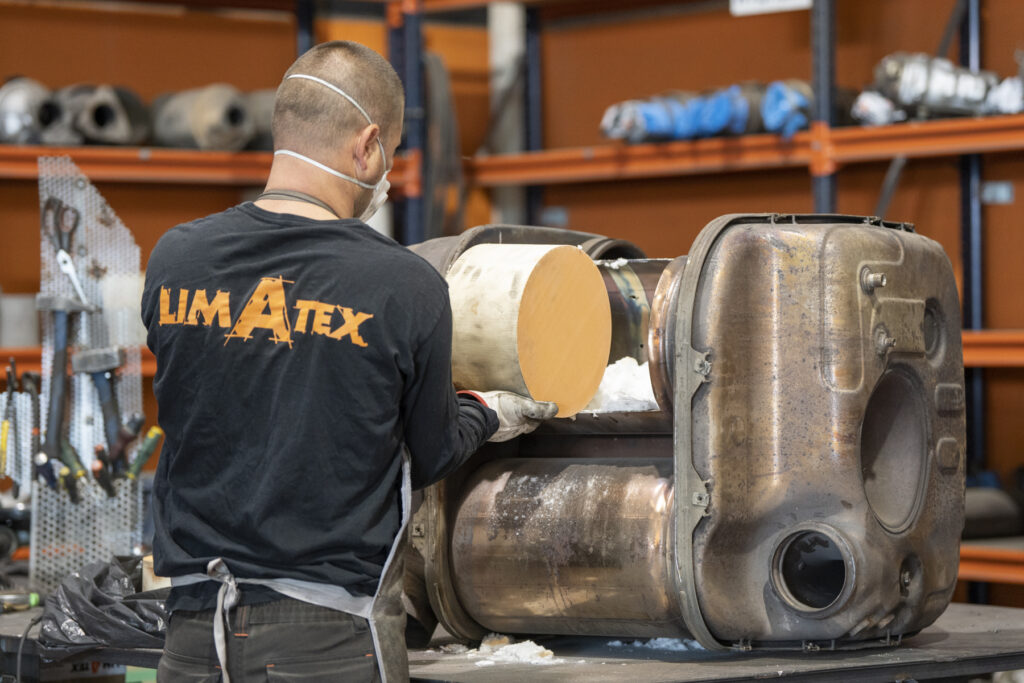
Recover the power of your engine and save fuel..
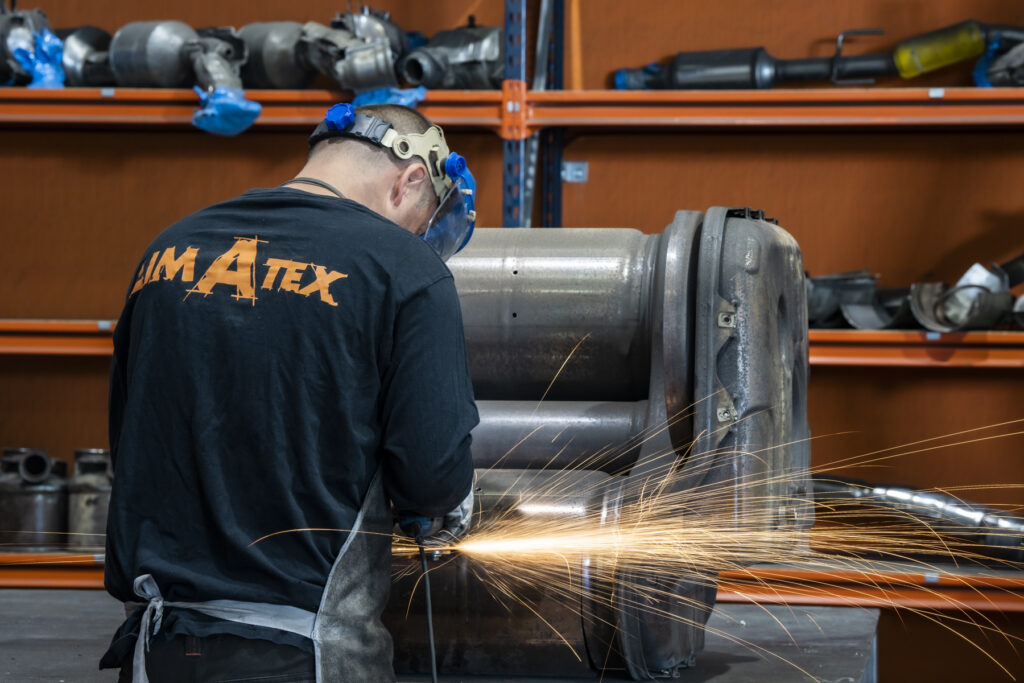
Repair my catalytic converter now.
Symptoms of catalytic converter failure or malfunction

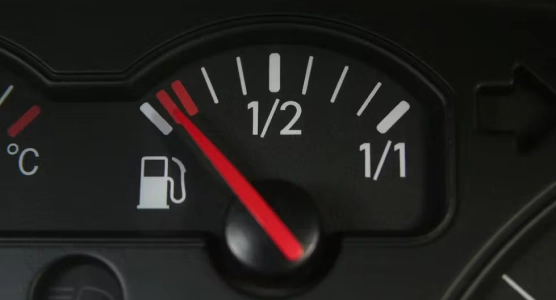
Engine trouble lamp on
Increased fuel consumption
The engine malfunction or gaseous pollutant warning lamp may illuminate in the instrument panel. This light indicates that the vehicle’s emission control system has detected a fault in the catalytic converter or other related components.
A damaged catalytic converter can cause increased fuel consumption. If you notice that your vehicle is using more fuel than usual for no apparent reason, it could be an indication of a catalytic converter problem.
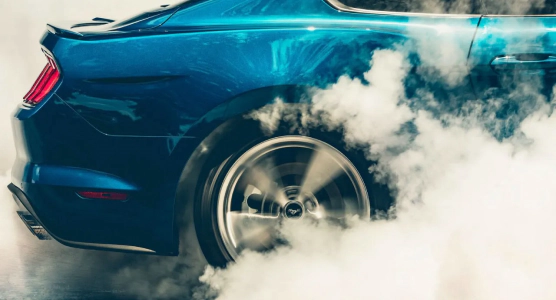

Dense smoke and abnormal odour
Loss of engine power
A defective catalytic converter can lead to an increase in the density of the exhaust smoke and a characteristic smell of rotten eggs or sulphur.
If the catalytic converter is not working properly, there may be a noticeable decrease in engine power. The vehicle may have difficulty accelerating or may require more time to reach higher speeds.
How is work?
Ceramic Core
A porous structure containing noble metals such as platinum, palladium and rhodium. These metals do not wear out under normal conditions and assist in chemical reactions without combining with gases such as nitrous oxide or carbon monoxide.
However, they can be poisoned by chemicals from vehicle exhaust, which causes problems. Compared to the particulate filter or SCR, the catalytic converter is easier to recondition. By cleaning and using a pyrolytic oven, the problem can be solved, as long as it is not mechanically damaged.
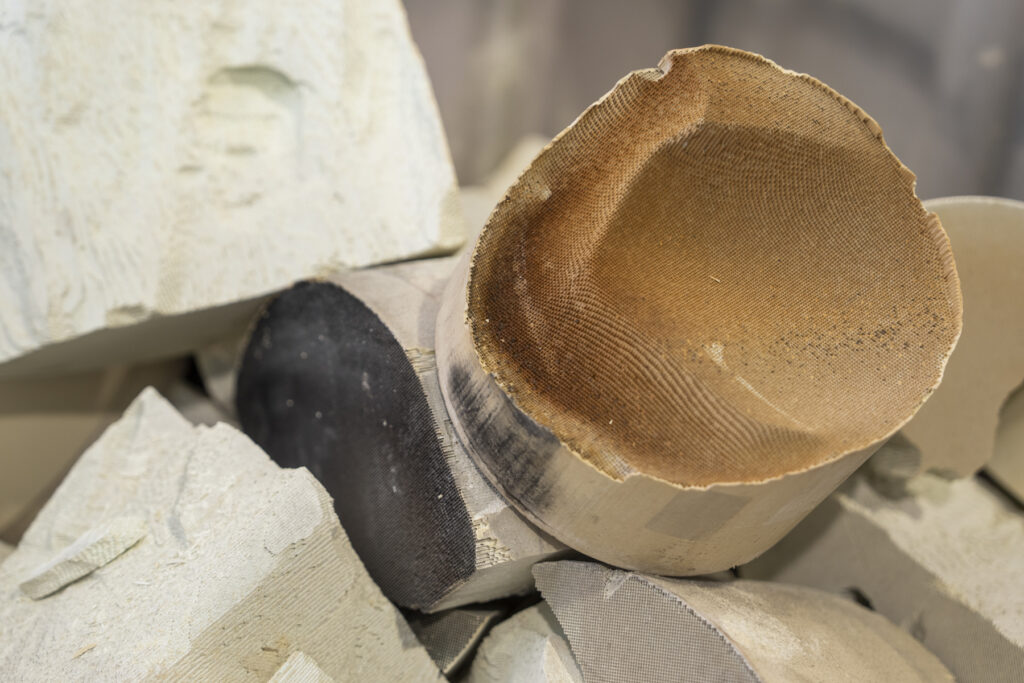
Particulate Filter
A DPF (Diesel Particulate Filter) or FAP (Particulate Filter) is an essential component in modern diesel engines to reduce harmful particulate emissions. These filters collect soot and other solid particles generated during combustion, preventing them from being released into the environment. They are made of ceramics containing noble metals such as platinum and palladium, as well as stainless steel alloys or even titanium.
Despite their effectiveness, DPF filters inevitably have some problems. One of the most common is filter clogging, where trapped solids build up in the filter and restrict exhaust flow. This can result in reduced engine power and increased fuel consumption. In addition, specific conditions are required to trigger the regeneration process.
Therefore, if the car is operated alone in urban conditions, where the engine is constantly running with constant changes in load or driving conditions, the filter regeneration process cannot be activated, leading to filter degeneration and system failures due to causes such as interrupted regenerations.
In order for these catalytic converters or DPFs to work properly, they must be clean, must not become clogged and must also be prevented from being poisoned by contact with substances that ruin their filtering capacity.
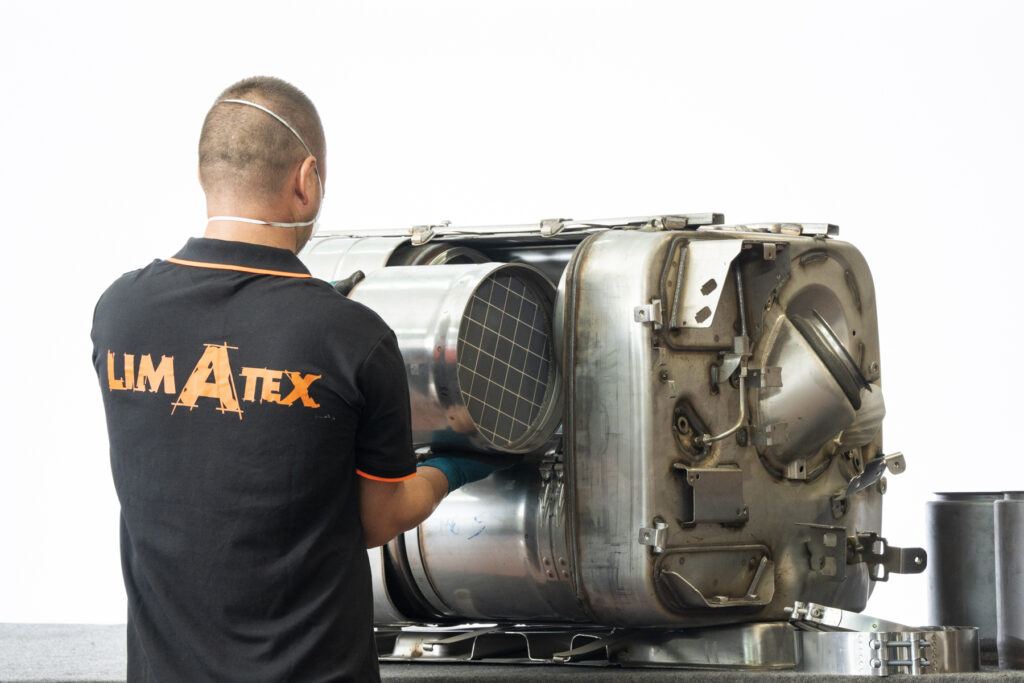
Trucks’s SCR
The Selective Catalytic Reduction (SCR) system works by decomposing urea through temperature. However, SCR can be prematurely damaged due to the use of poor quality urea, such as high levels of Biuret or incorrect percentages of urea in the aqueous solution (AUS32).
Excess urea results in the release of ammonia through the exhaust, which is dangerous to people. In addition, the internal catalytic elements of the SCR can be affected by contamination from ash, sulphur, soot or other pollutants, as well as by a malfunction of the urea injection system.
It is important to note that if the internal catalytic elements of the SCR are in good condition, cleaning can be performed, although their efficiency cannot be guaranteed. Only the physical integrity is ensured. In case of high saturation or possible contamination due to failure of the urea injection system or malfunction of the SCR, it is likely that they have lost efficiency. Therefore, it is important to consider the alternative of replacing all catalytic elements with new ones to ensure good performance.
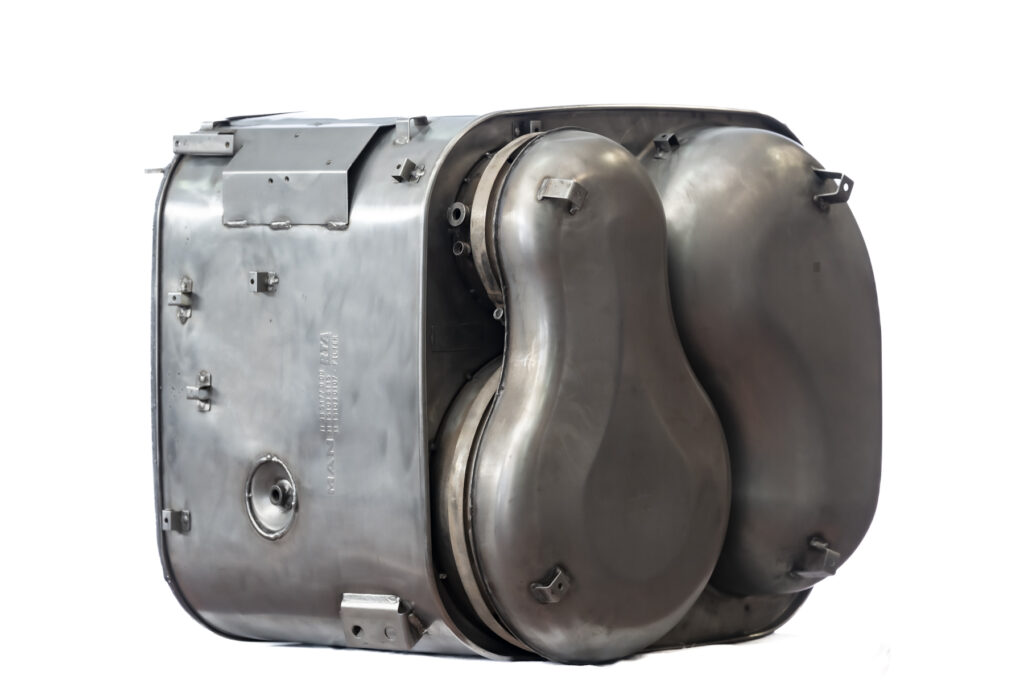
Faults that can affect your truck’s catalytic converter
Catalyst blockage
The catalytic converter can become clogged over time due to the build-up of debris which can come from an improperly tuned engine, poor fuel quality or a faulty exhaust system. Over time, the build-up of this debris can restrict the flow of gases through the catalytic converter and affect its operation.
Damage caused by impacts or shocks
The catalytic converter, being located in the exhaust system, may suffer physical damage due to impacts, shocks or bumps. This damage may include dents, tears or cracks in the ceramic or metal substrate, affecting the ability of the catalytic converter to function properly.
Wear of catalyst metals
Over time, the metals used in the catalyst may degrade or lose their effectiveness due to exposure to high temperatures and aggressive chemicals present in the exhaust gases. This can decrease the catalyst’s ability to perform the necessary chemical reactions and reduce its efficiency.
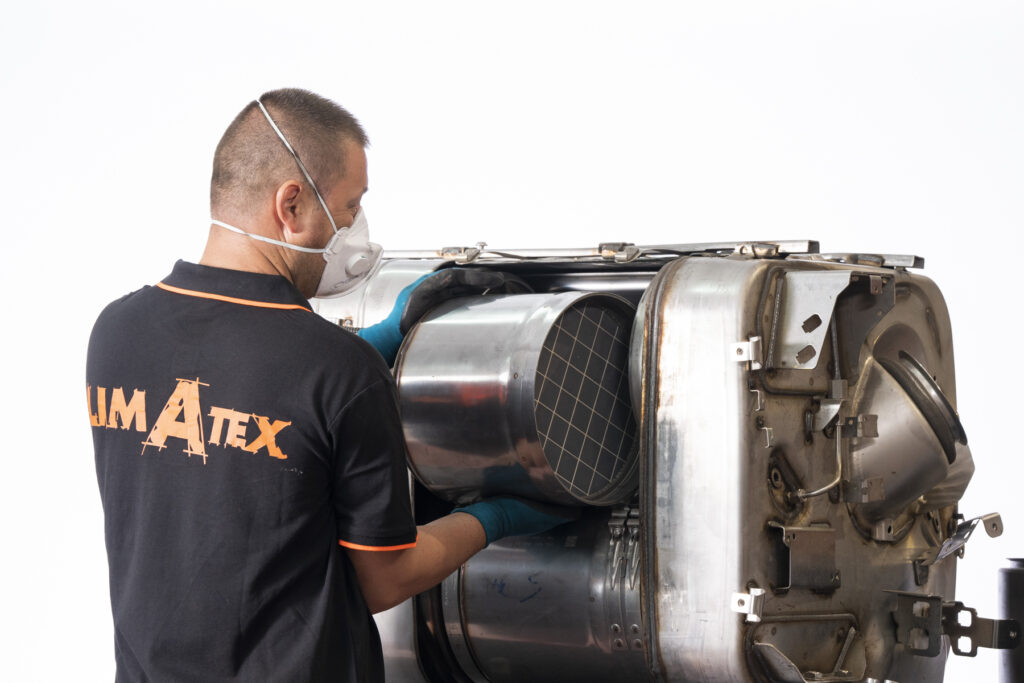
Faults that can also affect your car’s catalytic converter.
Leaking joints or connections
Leaking exhaust system gaskets or connections can allow exhaust gases to pass through the catalytic converter without passing through, preventing the proper chemical reactions from taking place. This results in inefficient catalyst operation and increased pollutant emissions.
Problems with oxygen sensors
Oxygen sensors play a crucial role in controlling the operation of the catalytic converter. If the sensors are faulty or malfunctioning, they can send incorrect signals to the engine management system, which can affect the efficiency of the catalytic converter.
Prevents catalytic converter failure
CONTACT
Extends its service life
Preventive maintenance prolongs the service life of the catalytic converter. Inspections, cleaning and repairs prevent major failures and premature replacement.
Saves on repairs and fuel
Preventive maintenance saves costs in the long run by detecting and fixing problems early, preventing further damage to other parts. A well-maintained catalytic converter also reduces fuel consumption.
Comply with regulations and maintain your reputation
Preventive maintenance prolongs the life of the catalytic converter. Inspections, cleaning and repairs prevent major failures and premature replacement.

© 2023 Grupo Limatex S.L